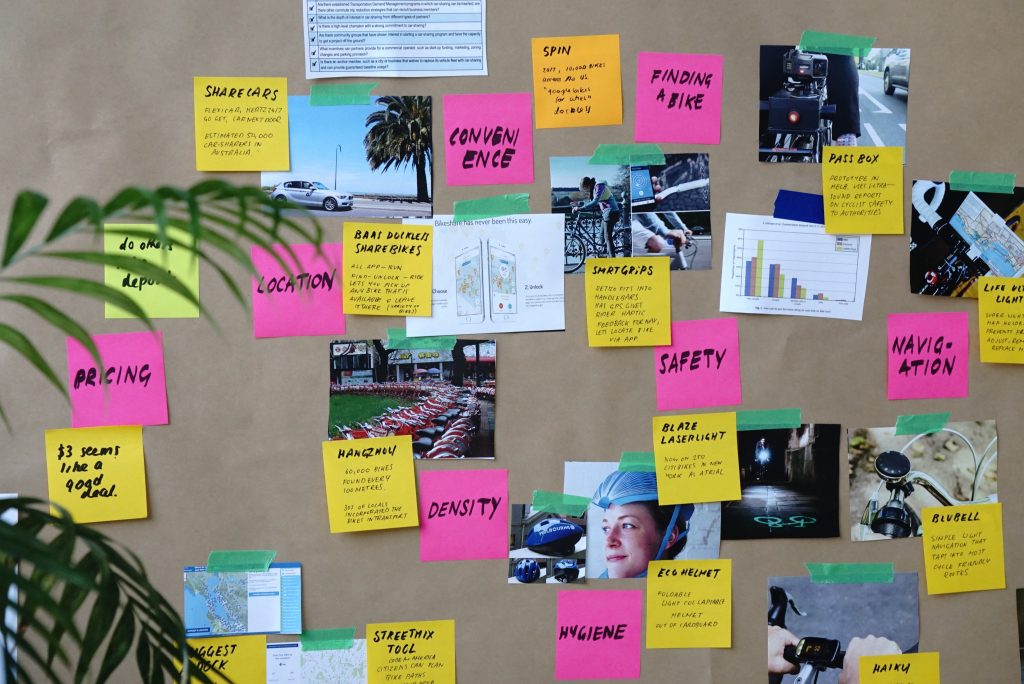Vocabulary for IELTS – How to Improve

A wide range of vocabulary is essential to achieve a high band in the IELTS test. There is no specific vocabulary for the IELTS test. So, keep expanding your vocabulary and making use of it. Enriching your vocabulary will help you succeed. It will help in every section of the IELTS test, speaking, writing, listening, and reading.
Vocabulary in The IELTS Test
The IELTS test has four parts, and each part requires you to have a rich vocabulary to have a chance at a high score. Even the speaking and writing sections of the test have a specific criterion to mark vocabulary.
The reading section requires you to understand the text. If your vocabulary is weak, you are more likely to have problems. For example, you will not be able to understand the text you read and will probably end up choosing the wrong answers.
The listening part requires you to understand what you hear. If you do not have a strong enough vocabulary, you will most likely not be able to understand what is spoken. It may lead to wrong answers and a low score.
Now, let’s look at some techniques on how to improve vocabulary.
Watch Videos and Read Books
Watch native speakers on YouTube.You can find a vlogger or a channel that involves one of your interests and enjoy watching the videos. This will help you improve your listening and pronunciation skills.
Watching videos on news platforms such as BBC or CNN is also an option. While listening to those channels, not only do you learn new words, but you start understanding different accents as well.
Another great way to expand your vocabulary is to read a novel in English while underlining words you don’t know. Later, you can look them up and study these new words. It might seem like an obvious solution, but it is super helpful. You do not have to go back in history to find useful and exciting novels. Books like Harry Potter or The Da Vinci Code could also work fine.
Pay Attention To Words and Collocations For IELTS Vocabulary
If you come across a new word, you can look it up in Cambridge Dictionary for its meaning and possible usages. Additionally, you can check collocations for the word by Oxford Free Collocations. Use these reliable sources to their fullest. Never be ashamed to search the word definition and usage. Even experienced English teachers look up the words in those tools to figure out if they are using them right or not. While searching the word, make sure to pay attention to the synonyms as well.
Knowing a word means that you know enough collocations to use it with, and you can use it in your speech and writings. Make sure to meet these criteria when you think you know a particular word. It is never enough to extend your vocabulary. The more you practice and try to learn, the more new ways of usage you observe. We recommend that you don’t memorise separate words, but to try to learn phrases instead. Our brains tend to remember phrases because they create context. Imagine a situation in which you have to communicate with someone. You would rather know the phrases, than just words. Remember, it’s the phrases that make a sentence.
Digg The Net And Improvise
Learn different forms of each word. It is something very vague and needs to be explained. The idea is that you learn as many word roots, affixes and suffixes as you can. This way, even if you come across an unfamiliar word, you will easily guess its meaning. For example, we all know what the word “understand” means. When we add “mis” at the beginning of the word, we get “misunderstand” which means quite the opposite of “understand.” Or, if we add “able” at the end of the word “understand,” we will get “understandable,” which means to be easily understood. This is a really effective technique to expand your vocabulary quickly.
Learn new meanings for the words that you already know. It is a good thing to write down the words that you have already learnt in a notebook. When you already know a particular word, you can take a look at the Cambridge Dictionary and find other usages of words. Do not be lazy! A straightforward concept may have very different meanings. For example, the word milk has two very different meanings. The first one we know is a dairy product. However, in British English, to milk, as a verb also means “to obtain as much as possible.”
Imagining a story is another great way of expanding your vocabulary. We know that it is tough to learn new words. We also know that you tend to forget most of those words in a couple of weeks. Our brains do not like memorising single words. They are much better at remembering some exciting stories. There is a trick to learn a new word. Try to create a gripping story around a new word. The story does not have to be a long one. It may have only a few sentences.
After all…
Remember, all the suggestions will help you to boost your vocabulary! But do not forget to take advantage of practice tests. Take them, see what parts need to be improved, and work hard. Do not be afraid to try practice tests.
